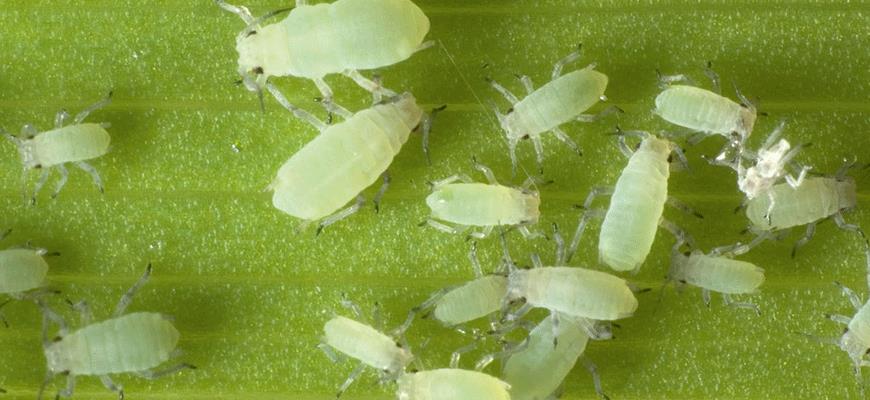Extension Gardener–Learn to Grow: Oily Organic Insecticides
go.ncsu.edu/readext?713485
en Español / em Português
El inglés es el idioma de control de esta página. En la medida en que haya algún conflicto entre la traducción al inglés y la traducción, el inglés prevalece.
Al hacer clic en el enlace de traducción se activa un servicio de traducción gratuito para convertir la página al español. Al igual que con cualquier traducción por Internet, la conversión no es sensible al contexto y puede que no traduzca el texto en su significado original. NC State Extension no garantiza la exactitud del texto traducido. Por favor, tenga en cuenta que algunas aplicaciones y/o servicios pueden no funcionar como se espera cuando se traducen.
Português
Inglês é o idioma de controle desta página. Na medida que haja algum conflito entre o texto original em Inglês e a tradução, o Inglês prevalece.
Ao clicar no link de tradução, um serviço gratuito de tradução será ativado para converter a página para o Português. Como em qualquer tradução pela internet, a conversão não é sensivel ao contexto e pode não ocorrer a tradução para o significado orginal. O serviço de Extensão da Carolina do Norte (NC State Extension) não garante a exatidão do texto traduzido. Por favor, observe que algumas funções ou serviços podem não funcionar como esperado após a tradução.
English
English is the controlling language of this page. To the extent there is any conflict between the English text and the translation, English controls.
Clicking on the translation link activates a free translation service to convert the page to Spanish. As with any Internet translation, the conversion is not context-sensitive and may not translate the text to its original meaning. NC State Extension does not guarantee the accuracy of the translated text. Please note that some applications and/or services may not function as expected when translated.
Collapse ▲Two very powerful organic insecticides made from different oils are available to homeowners. Here are some notes about their applicability to your particular insect problem.
Horticultural oils are typically made from petroleum distillates, although some are vegetable extracts. They are suffocation agents, producing a bubble that doesn’t allow the insect to breathe, and are most effective on soft-bodied insects that don’t have sharp shells that can break the bubble. Yet they can be effective for insects like Mexican Bean Beetles that have multiple generations feeding at the same time: horticultural oil will kill the eggs and larvae, breaking the insect’s lifecycle and preventing a lot of future damage, even if it doesn’t kill all the adult beetles.
Horticultural oils have an advantage over insecticidal soap (another organic insecticide). They can partially dissolve the “honeydew” left by some insects that results in blackened leaves, making it easier for rain or a stream of water to clean off the foliage. My Pieris shrubs tend to get a lot of honeydew, so I spray them every other month during the growing season with horticultural oil to keep the leaves green.
Horticultural oils are also used as “dormant oils” on fruit trees and ornamentals in late winter or early spring to control overwintering insects. The application rate may be higher for dormant spray applications than for plants that have leafed out (too high a rate can damage growing foliage). I spray my roses with horticultural oil prior to bud break in late winter, to kill any overwintering mites that might infect the plants with the Rose Rosette virus.

Aphids are notorious plant pests that can be successfully controlled with oily insecticides.
Neem oil is made from seeds of the Neem tree, a mahogany relative native to India. Neem oil can kill soft-bodied insects by suffocation like horticultural oil, but its primary use is as a stomach poison for feeding insects. It also has some fungicidal activity, primarily for powdery mildew. Neem oil is somewhat more expensive than horticultural oil.
Horticultural and Neem oils are both certified for organic gardening, and are readily available locally in concentrates and ready-to-use sprays.
Be sure to read the label and follow the instructions when using any pesticide – organic or not – around the home.
Learn More!
For more information on insecticidal soaps, horticultural oils, general pesticide inquiries, or questions about gardening in Haywood County, contact the office at (828) 456-4575 or visit our website. Jim Janke is an Extension Master Gardener℠ volunteer in Haywood County.




